How to Be Fine: What We Learned from Living by the Rules of 50 Self-Help Books
Jolenta Greenberg and Kristen Meinzer
Hardcover, 256 pages
Publication Date: March 17, 2020
Publisher: William Morrow
Genre: Self-Help
I have never read much self-help, but I cannot deny I am intrigued by the idea of a book being able to change your life for the better. Stuck in quarantine and looking for something to read, I thought “How to Be Fine” would perhaps provide some change in perspective from all the chaos in the world. I also chose to read it because it is like reading 50 self-help books for the page count of one. I am not going to turn down a deal like that.
Jolenta Greenberg and Kristen Meinzer are the hosts of a podcast called “By the Book,” where they choose a self-help book and live by its principles for two weeks to see if it really changes their lives or not. They collected a lot of their experiences in this book and divided their findings into three sections: “13 Things That Worked,” “8 Things That Didn’t Work” and “8 Things We Wish More Books Recommended.”
The 50 self-help books they discuss cover a wide variety of self-help topics and include some well-known titles. “The Life-Changing Magic of Tidying Up” by Marie Kondo made the list, as well as “The 5 Love Languages,” “Men Are from Mars, Women Are from Venus,” “How to Win Friends and Influence People” and many more. If you have ever browsed a bestseller or self-help shelf, you will probably recognize at least a few names.
I had mixed feelings about “How to Be Fine,” but I will start with the things I liked. First, it delivered in the way I wanted it to. I got a concentrated dose of 50 self-help techniques in only 250 pages, and I got insight into whether or not those techniques benefited the authors. I found out, much to my relief, getting up earlier does not inherently make you more successful. I also discovered “the Finnish Path to Relaxation” sounds like a great idea.
Greenberg and Meinzer also dive behind the scenes of self-help a few times, asking some very interesting questions about the genre. Why is it two-thirds of self-help readers are women, but two-thirds of self-help authors are men? What happens if you are not financially successful enough to afford the self-help theory “guaranteed” to change your life? The authors also discuss how much of self-help seems to perpetuate several of the issues driving people to seek out self-help books in the first place. I really enjoyed these sections, although they did not take up nearly enough of the book as I wanted them to.
Despite drawing me in with its premise and compelling points here and there, “How to Be Fine” mostly fell short for me, although I am having a hard time putting my finger on exactly what I did not enjoy. One thing is certain: I had a problem keeping the authors separate in my mind all the way until the end of the book. Both of their writing styles were incredibly similar, and they referenced each other so often I kept forgetting who was who and who had done what. I also wish they had devoted more of the book to discussing self-help and the books themselves rather than saving the majority of the book for personal anecdotes. Maybe I would have appreciated those more if I was already a fan of the podcast and familiar with the authors.
The writing style was too simplistic for my tastes, which is an issue I am not sure I have ever had before. I am usually a fan of easy-to-read, accessible language, but this book was inundated with terms like “superinconvenient,” “supersexist” and sentences like “Do you guys know how hard it is to become a dang princess? So hard.” It was so informal at times I had a hard time taking it seriously. I think this lack of formality works well in podcasts, but for a book, I was expecting more.
However, “How to Be Fine” gives you a lot to consider about self-help and all its pros and cons. It is a short and easy read, so if you are looking for a way to kill a few hours of quarantine boredom, there are worse ways to spend your time.
Paige Holmes is a senior journalism major from Topeka, KS. Reading is her favorite thing to do because it teaches one how to think, imagine and live. Paige believes there is no better way to learn something or be entertained than by reading a book. Her favorite genre of books is fantasy/thriller and her favorite book is ‘Opening Moves’ by Steven James.

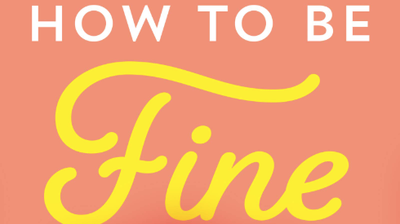





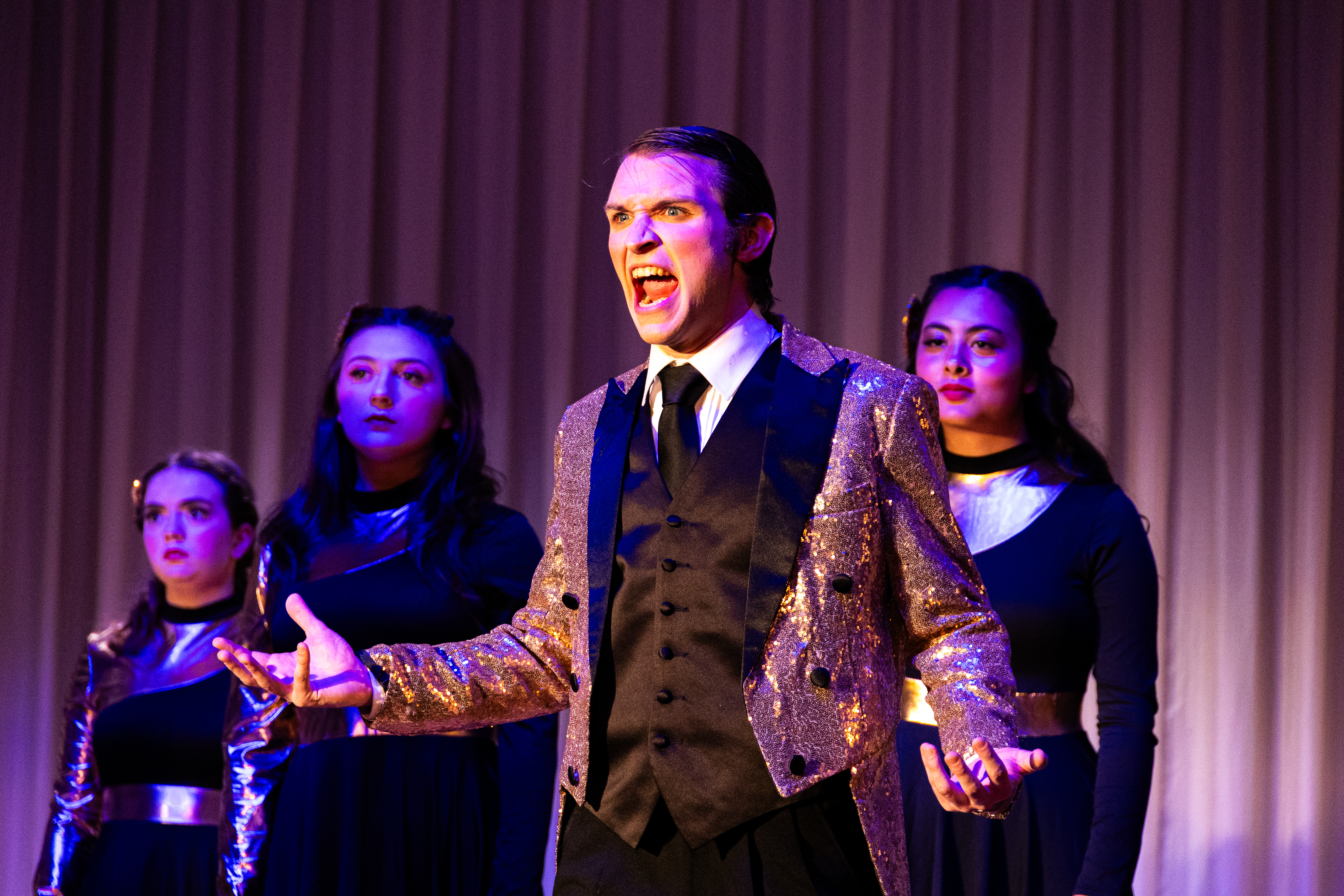
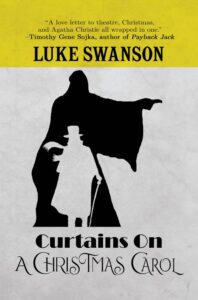



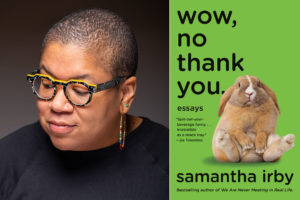
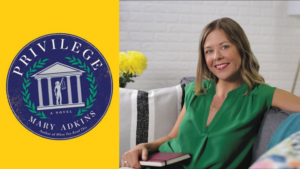
Be First to Comment